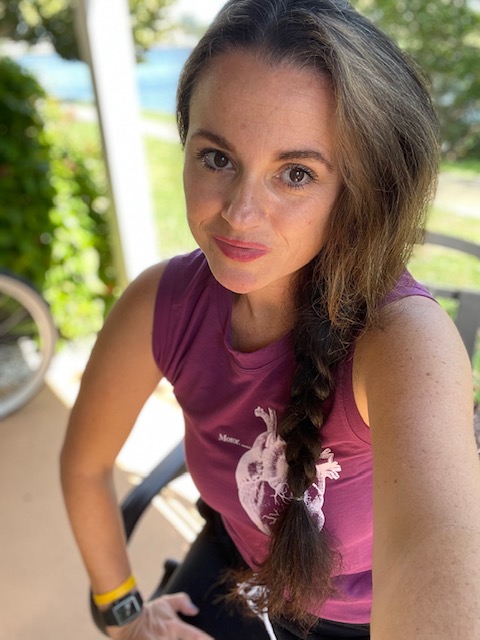2020 Re-Vision
- Emily Green

- Jun 21, 2021
- 3 min read
The world was coasting on the optimism of a new year and one that was significant as it welcomed in a new decade and a new hope complete with the clever sentiment of having a “2020 vision.”
The blindspots of an impending virus, a crippling and catastrophic pandemic, were out of sight and nowhere in mind.
The news of the COVID-19 virus spread almost as quickly as the virus, and we soon faced a public health crisis that outpaced the science of the day.
What seemed circumstantial and avoidable suddenly wasn’t; current safeguards and protections were meaningless—people were dying.
Safety in numbers no more, we were forced out of gatherings and groupings and cast into our solitary confinements, wary of everyday chores and tasks. Everything was going home; work, school, and meetings entered the spaces we lived, all in the name of staying alive.
For many, one crisis became another . . .
With our attention displaced, the reliable distractions of the world disappeared. For many, one crisis became another as the loneliness and trauma soaked the quarantine stagnation with anxiety and depression. However, some utilized this unique time to examine deeply personal habits and patterns. In the wake of a public health crisis, many were getting healthier.
Before January of 2020, Tara, a business owner in Portland, contemplated life without alcohol. However, It was the COVID quarantine that made up her mind, “I was doing so many things to stay safe (even washing groceries), yet still drinking poison that had led to blackouts and many questionable decisions. It took several attempts and has now been almost eight months since I fully stopped.” She collected resources from books and podcasts to support her recovery and found a community in a sober online group of runners. The quarantine not only pulled her away from the familiar relationship dynamics of family and friends; it created space to attempt a new way of life without an audience.
A re-vision of that 2020 vision
Like Tara, many people have made noticeable changes in the discomfort of quarantine. So what happens now that we are in a post-pandemic period of reconstruction?
Almost half of the United States has received at least one dose of a vaccine and according to the CDC, those fully dosed don’t even have to wear masks in outdoor public spaces. Airlines are operating at pre-pandemic capacities, and COVID infections are steadily decreasing. Those who have made drastic lifestyle changes long to see familiar people but have a level of concern about their new lives.
Tara’s Memorial Day plans to travel across the country and see family and friends came with a variety of firsts. She hadn’t flown without drinking in a long time and would face different rules in different states related to masking. She also hadn’t told many people about her new sobriety. Would it be challenging to maintain and explain her new relationship with alcohol close to the people and places in which drinking once revolved?
Tara found resilience and commitment easier by planning and preparing ahead.
“Staying with my mom, I tried to keep my routines and manage my energy. I pre-ordered a 12-pack of fancy bubbly water (Aura Bora) and shipped it to my mom’s house. It was nice to have something fun and a bit unusual to share with people.”
Tara also returned to running as a recovery strategy. The physical challenges of endurance running created opportunities to tackle mental ones; with her body making strides across the terrains of the environment, her mind was free to explore the shifting psychological atmosphere. As a result, she proved to herself that she could make good personal choices that had nothing to do with other people.
The pandemic briefly led us to abandon everyday activities in our society. However, it also held a mirror up to our daily behaviors in which it was hard to look away and required deep personal reflection. While the examination might have initially triggered anxiety and depression, it eventually allowed for the trial and error of change.
Re-entry into a version of normal life will not be simple.
Things have changed along with people. But, beyond Memorial Day, Tara and others will be reminded that the only thing we have control over is ourselves. While we can hope our family and friends respect the choices we have made over the last eighteen months, we can only count on the things we do to maintain them in the future.
People like Tara not only survived the pandemic, they used the threat of COVID-19 as an opportunity to thrive. Maintaining these new behaviors and lifestyles as the world reopens will be challenging, but it’s a challenge these 2020 vision “revisionists” can overcome.
